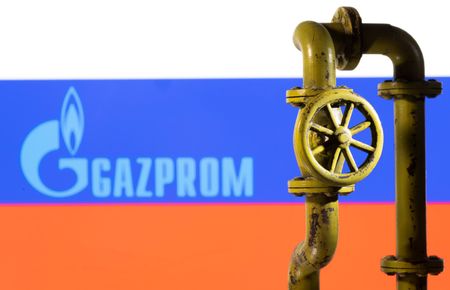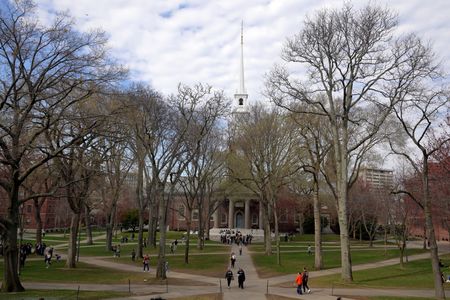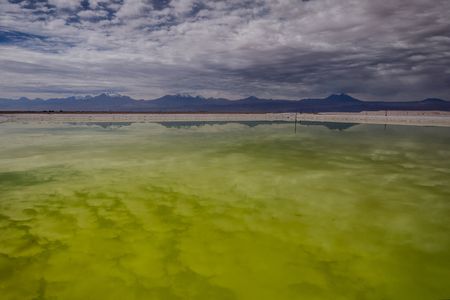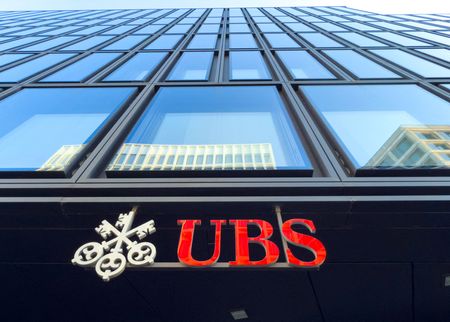By Vladimir Soldatkin and Oksana Kobzeva
MOSCOW (Reuters) -Russia’s state-owned energy giant Gazprom said on Thursday that its board had recommended not paying out a dividend on 2024 results, in line with the government’s position and despite the company returning to profitability last year.
The absence of a dividend is unhelpful to the government, which owns just over half the company’s share capital, as it confronts falling oil and gas revenues, high inflation, higher military spending and a budget deficit.
Gazprom’s shares were 4.42% down at 130.5 roubles on the Moscow stock exchange as of 1335 GMT following the announcement.
The company, according to its own dividend policy approved in 2019, should allocate 50% of its adjusted net profit for the dividend payout.
Gazprom last month reported a net profit on 2024 results following a loss of almost $7 billion in 2023, its first annual loss since 1999 amid collapsing gas exports to Europe, and some market watchers had not ruled out some kind of dividend payment.
One industry source has said that Gazprom is tackling high debt servicing costs amid steep interest rates. The central bank’s key rate has stood at a record-high of 21% since last October.
According to Gazprom’s financial report under Russian accounting standards, its interest on debt doubled in 2024 to 482.5 billion roubles from 238.6 billion roubles in 2023.
“High rates will mean Gazprom’s interest payments will rise this year, so the company has likely decided to focus on further reducing its debt burden rather than paying dividends,” PSB analysts said.
Since the start of what Moscow calls its special military operation in Ukraine in February 2022, Gazprom has only once paid an interim dividend – in autumn of that year, thanks to rising earnings from high gas prices in Europe at the time.
Gazprom also did not pay a dividend on its 2021 results, ditching an annual dividend for the first time since 1998, because of high taxes and spending.
(Reporting by Vladimir Soldatkin and Oksana Kobzeva, Editing by Louise Heavens/Andrew Osborn)









